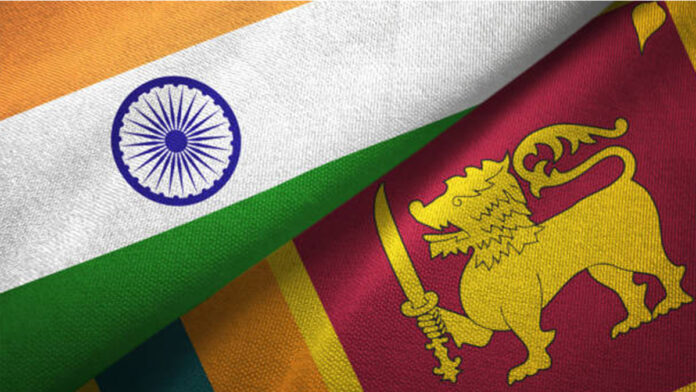By: Staff Writer
Colombo (LNW): In a bid to scale up its dairy production and improve the quality of local milk to become self-sufficient, Sri Lanka is set to sign joint declaration of intent with India for cooperation in dairy farming.
The Cabinet of Ministers has granted approval for the combined proposal to sign a joint declaration of intent between the Government of India and the Government of Sri Lanka, to work together to achieve the goals of improving the quality of dairy products in Sri Lanka.
Addressing the cabinet decision press briefing Cabinet Spokesman Bandula Gunawardena stated that the programme will assist in making the country self-sufficient in milk production and increasing the income of small-scale dairy farmers.
Accordingly, the Cabinet of Ministers has approved the combined proposal presented by the President and the Minister of Agriculture to sign the said joint declaration of intent.
Meanwhile, the Attorney General’s clearance has been received for the Joint Declaration of Intent (JDOI) that has been drafted for this purpose.
Sri Lanka government has already sought technical assistance from India’s National Dairy Development Board (NDDB) and market leader Amul, reviving a collaboration that the island attempted in the late 1990s, but failed to take forward.
Officials from Sri Lanka’s Agriculture Ministry and National Livestock Development Board held a “preliminary discussion” with visiting Indian authorities from the NDDB, the President’s media division sometimes back.
President Ranil Wickremesinghe has appointed a committee with representatives from Sri Lanka’s public and private sectors, to work with the NDDB and “prepare a short, medium and long-term plan to increase local milk production to reduce the country’s dependence on imported milk powder”, his office said in a statement.
The partnership is not new to Sri Lanka, where former president Chandrika Bandaranaike Kumaratunga invited India’s “milk man” Verghese Kurien to set up the ‘Kiriya’ dairy project, named after the Sinhala word for milk.
A US $20 million joint venture between the NDDB and Sri Lanka’s MILCO was announced, but the project did not take off, in the wake of resistance from nationalist worker unions and powerful business lobbies in Sri Lanka.
Currently, Sri Lanka’s domestic dairy production meets less than half of its requirements. The dollar-strapped island nation spends about $300 million annually on dairy imports, mostly from New Zealand.
As the country’s economy crashed earlier this year, leading to severe shortages, milk powder — widely used in Sri Lanka where fresh milk is scarce — was unavailable to most.

